Honey And Lemon For Cough
Unravel the mysteries behind the beneficial effects of this age-old home remedy.
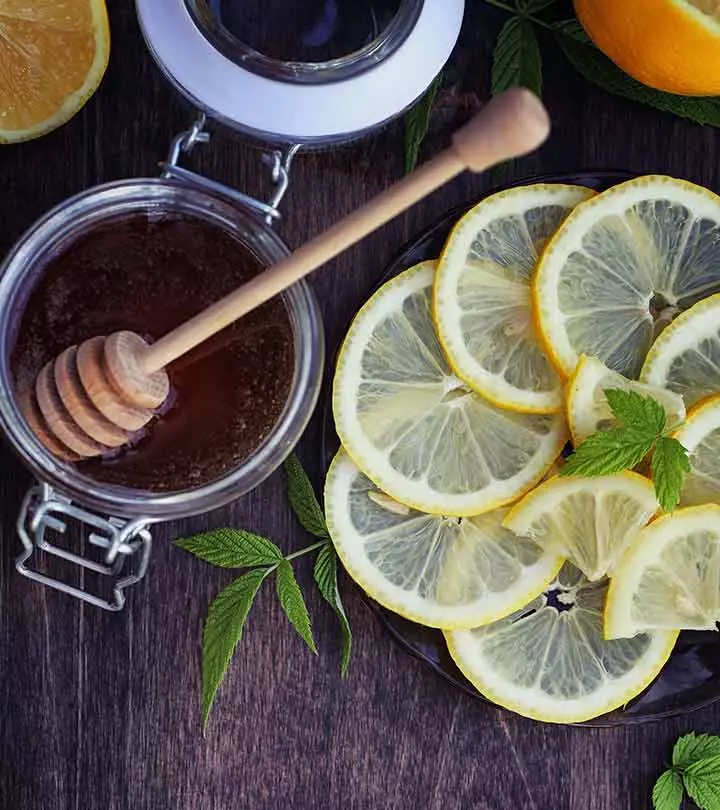
Image: Shutterstock
Have you ever scoffed off your grandma’s home remedy of lemon and honey for cough? Well, you might be surprised how well it works! Instead of gulping in spoonfuls of cough syrups, why not give this natural miracle combination a try? Lemon and honey taken together are not only effective for your sore throat and persistent cough, but also help build your immunity as well. Read on to know how you can benefit from this potent combination!
In This Article
What Makes Honey And Lemon An Effective Cough Remedy?
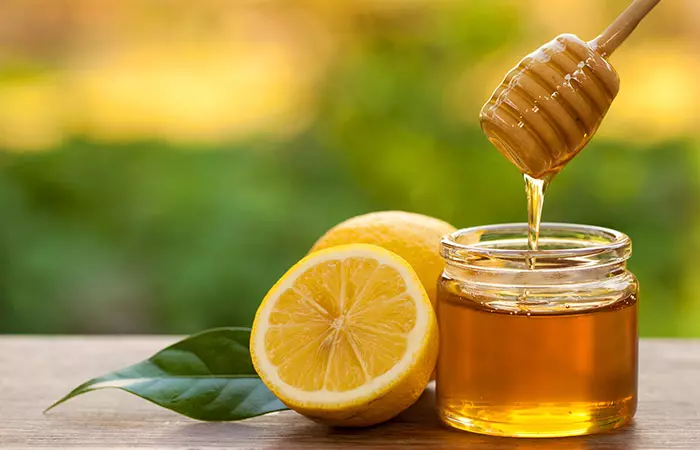
Let’s begin with an essential question—Why do we cough?
Coughing is the protective reflex to irritants in the throat and the airways (1). Pathogenic foreign bodies are mainly expelled by diaphragmatic contractioni Contraction of the diaphragm, a large arch-shaped muscle located under the lungs that aid respiration. through a combination of cough and mucilaginous substancesi Consisting of mucilage, a sticky, viscous fluid, made of carbohydrates that act as a lubricant in the body. . The irritants stimulate the brain to send a signal to the muscles of the chest wall, which expands to take forceful breath to expel irritants (2). That is why coughing is considered beneficial to the body as it clears off the mucus from within (3).
However, in case the mucus has accumulated in large quantities, it leads to incessant coughing making it difficult for the person to sleep at night and get through the day.
A study analyzed the prevalence and burden of chronic cough in the US, based on 74,977 respondents. 3,654 of the respondents reported experiencing chronic cough in the preceding 12 months. The prevalence was measured at 4.9%, which increased with age in females to 5.2%. This is higher than males, who showed a 4.7% prevalence with increasing age.
Key Takeaways
- Honey and lemon can fight against certain bacteria.
- Have this mixture to ease inflammation, soothe sore throats, relieve coughs and colds, and boost your immune system.
- This is safe for all ages; however, children below one year must not take it without a doctor’s permission.
- You can take the mixture with warm water.
- Choose local, raw honey, as it retains unique enzymes and nutrients that are often lost in processed honey.

Benefits Of Honey And Lemon For Cough
Honey and lemon combination is a traditional remedy for treating cough and has gained a fair amount of credibility in the medical community, owing majorly to its soothing effects on the throat.
Individually, each ingredient has its own power to treat a cough, and when used in combination, the benefits double giving guaranteed results. Just what we need for a stubborn cough.
Let’s look at the individual prowess of each ingredient of this wonderful combination first:
Properties Of Honey
- The WHO recommends honey as the most effective demulcenti A viscous substance that relieves itchiness and inflammation of mucous membranes by creating a protective layer over it. in the treatment of cough due to its chemical and nutritional composition (4).
- Honey contains antibacterial properties that help in getting rid of the harmful cough-causing bacteria (5).
- It is loaded with vital nutrients such as potassium – 100 g of honey provides 52 mg of potassium (6). It also contains calcium, manganese, phosphorus, and copper (7). The body needs these minerals for normal and healthy functioning.
- The presence of such nutrients in honey helps repair and stimulate tissue growth.
- These nutrients also serve as antioxidants and eliminate the harmful free radicals from the body.
- High-quality honey contains very low water content, and hence easily attracts the surrounding tissues to use water.
Properties Of Lemon
- Lemon needs no introduction and is known to be one of the citrus fruits that are rich in vitamin C (8). It contains 53 mg of vitamin C per 100 g (6). A glass of lemon juice provides one-third of the daily recommended allowance of this vitamin.
- Vitamin C is known to help the body build up the immune system. The antioxidants assist in repairing and preventing cell damage (9).
- Lemons have strong antibacterial and antiviral properties.
Why is the combination of honey and lemon effective against a cough?
Honey’s antibacterial properties kill harmful microorganisms like bacteria and viruses (5). This clears up congestion and relieves coughing bouts. Honey is also effective at providing relief in respiratory tract infections (10).
Lemon juice boosts the immune system, fights off viruses, and reduces inflammation (9). Its antiseptic properties kill off germs and bacteria. This is why lemon juice is often recommended to people with allergies, sinus issues, and colds.
The sweetness of honey also stimulates the salivary glands and induces the release of the mucus through the airways. Moreover, the antimicrobial and antioxidant effect of honey restricts the further formation of the mucus, thereby providing complete relief from coughing.
Drinking a concoction of hot water, lemon, and honey loosens mucus, calms the throat, and clears the irritating airways.
Who Can Consume Honey And Lemon For Cough?
Beautiful and cozy winters. The time of the year is synonymous with not only hot cocoa, silver snow, wardrobe experimentation, beanies but also cough, stuffy nose and a sore throat.
Thankfully, we have a 3-in-1 solution in our hand—honey and lemon.
But who all can make use of this sure-shot remedy exactly? Let’s find out.
1. Babies
Babies are delicate. A simple slip in medication and it can lead to a disaster. So we need to think a million times (the easiest way is to consult a doctor, by the way) before using any home remedy on your angels. They are also the ones who are most susceptible to weather changes and cough and cold, unfortunately.
However, honey and lemon concoction, when used in moderation, is considered to be particularly safe for babies. Also not to mention, the sweet taste of honey is another way to ensure they consume the remedy fuss-free.
2. Teenagers And Adults
Teenagers and adults often fall prey to cold and cough, especially with changing weather
. Antibiotics are an option but they are neither feasible nor completely safe when taken in larger doses for a longer period.
This leaves us with mother nature and her gifts — like ginger, licorice, pepper, honey and lemon.
Are they safe to use? Yes, completely. Give the concoction a try and see for yourself.
3. Pregnant Women
Pregnancy is a time when our body goes through numerous physical, hormonal, and psychological changes. That makes them vulnerable to harmful germs loitering around in the air, including cold and flu germs.
Say hello to honey and lemon—our superheroes in disguise!
Get experimental—sip through, gargle, make a lemonade, have it in a popsicle form, top it off with different other ingredients and you will see yourself getting better in days! And it is safe to use too!
4. Older Adults
Honey and lemon, however, is a safe and cheap alternative to over-the-counter medicines even for the elderly.
Now that you have a fair idea of the relief these two can provide for a stubborn cough, it’s only fair that we give you certain easy recipes to combat this condition. Check them out in the section below!
Effective Honey And Lemon Remedies For Cough
Lemon and honey can be used in combination with a number of never-thought-before ingredients that will help fight a cough effectively. We have compiled all the best ones at one place to reduce your workload.
Trust me, all the recipes given below are very easy to follow and can be prepared using readily available ingredients in a matter of a few minutes. So, they are not only effective but also cheaper and less time-consuming.
Check them out:
1. The Basic Honey And Lemon Tonic For Cough
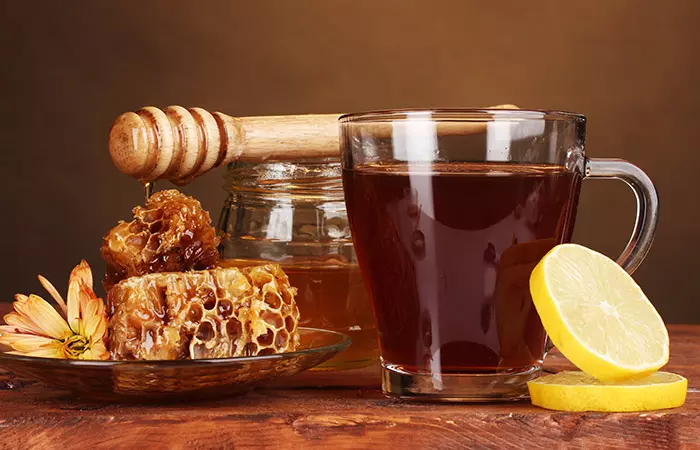
This is a very simple recipe with honey and lemon juice for cough treatment. Let’s learn how to make it, shall we?
You Will Need
- 1 cup organic honey
- 3 tablespoon lemon juice
- 1/4 cup warm water
What You Need To Do
- Combine one cup of honey with three tablespoons of lemon juice.
- Add warm water to it and stir until the ingredients are mixed completely.
- You can take one tablespoon of this mixture twice a day for a cough once in the day, and once before going to bed for an undisturbed sleep.
- Refrigerate the leftover mixture of lemon and honey for further use. It can be used safely for a month.
Note:Whenever you are using honey and lemon for a cough, make sure that you use local, organic honey and fresh lemons. Do not add honey to boiling water, maintain lukewarm temperature. Avoid using bottled lemon juice for the treatment, as you will not get the desired results.
 Quick Tip
Quick Tip2. Honey, Lemon Juice, And Glycerin For Cough
Glycerin is known for its excellent moisturizing properties. So it is generally used in combination with honey and lemon to ease a raw and itchy throat.
You Will Need
- One whole lemon
- 2 tablespoons honey
- 2 tablespoons glycerin
What You Need To Do
- Take a saucepan and boil one uncut lemon in the water for around 10 minutes.
- Mix in two tablespoons each of honey and glycerin.
- Squeeze the boiled lemon, take it out from the mixture, and store the rest of the solution in a glass bottle.
- Take one teaspoon of this mixture twice or thrice a day to get relief from the irritating throat and cough.
- Refrigerate the bottled solution for further use.
3. Honey, Lemon Juice, And Garlic For Cough
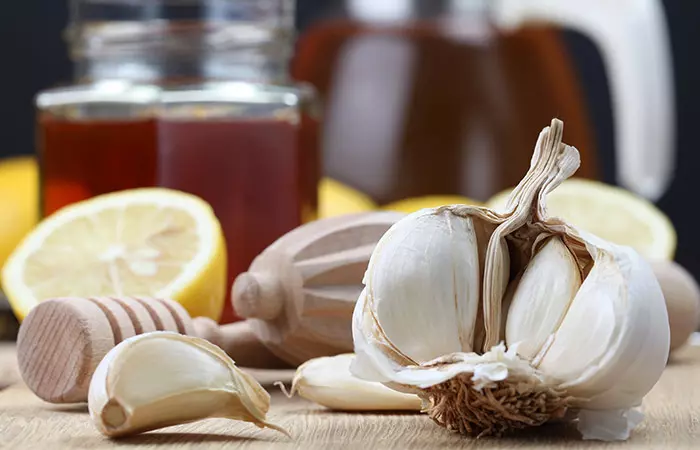
The combination of lemon juice and honey with garlic works best if you also have congestion in the chest. Garlic breaks down the phlegm that causes congestion and helps to clear the chest (11). If you want to know how to stop coughing naturally, then this soothing remedy is a great solution, especially when dealing with stubborn phlegm.
You Will Need
- 1 tablespoon lemon juice
- 1 tablespoon honey
- 1/2 teaspoon grated garlic
- 1 cup water
What You Need To Do
- Take a saucepan and add lemon juice and garlic into it.
- Cover the ingredients with a cup of water and boil the mixture.
- Pour this mixture into a cup, add one tablespoon of honey and stir the solution.
- Drink this mixture once daily for instant relief.
Note: You can also double or triple the garlic and lemon juice portion and adjust the honey accordingly if you are busy often. Store this solution in the refrigerator. Add one or two tablespoons of this tincture in a cup of warm water just before using it.
4. Honey, Lemon, And Ginger For Cough
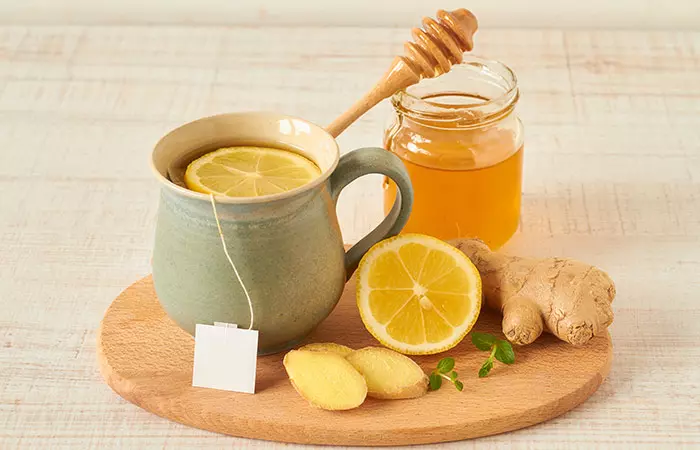
Using ginger in combination with honey and lemon to get rid of a chronic cough is highly recommended. It contains antioxidants and many essential oils and a special cough suppressant, oleoresin (12).
You Will Need
- 2 tablespoons lemon juice
- 2 tablespoons honey
- 1 tablespoon ginger root
- 2 cups water
What You Need To Do
- Take a saucepan and add two cups of water, ginger, and lemon juice to it.
- Boil the mixture and then take it off the heat.
- Let it cool for about 20 minutes.
- Strain and transfer the solution to a glass. Add honey and stir well.
- Drink this concoction once daily till your cough subsides.
 Quick Tip
Quick Tip5. Honey, Lemon Juice, And Coconut Oil For Cough
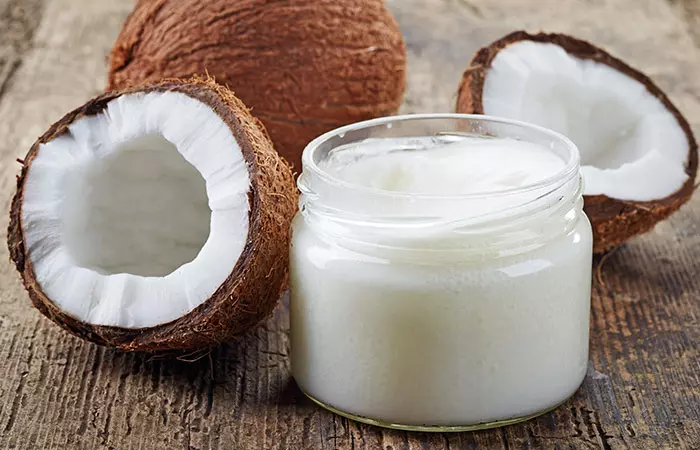
Coconut oil is rich in antioxidants, antiviral and antibacterial substances, and provides immunity to the body (13). It decreases the length and severity of illness.
You Will Need
- 3 tablespoons lemon juice
- 1/4 cup honey
- 2 tablespoons coconut oil
What You Need To Do
- In a saucepan, mix two tablespoons of coconut oil, three tablespoons of lemon juice and ¼ cup honey.
- Heat the mixture until the coconut oil has melted completely. Do not let the mixture reach its boiling point.
- Turn off the heat and transfer this solution into a container for further use.
- Take one tablespoon of this tonic twice daily till the symptoms subside. Because coconut oil hardens fast, each time you will need to reheat the mixture and then consume.
Note:Coconut oil is used in many cuisines and can be found easily at any grocery store. But since you are using it for treatment, make sure that you purchase essential coconut oil in its purest form for quick results.
6. Honey, Lemon Juice, And Olive Oil For Cough
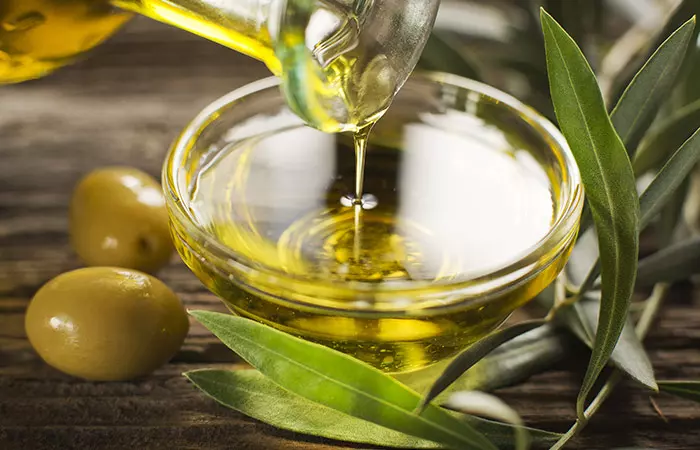
This natural cough syrup is perfect for taming even the most stubborn bout of a cough.
You Will Need
- ¾ cup raw, organic buckwheat honey or local honey
- ¼ cup extra virgin olive oil
- 2-4 tablespoons of organic lemon juice
- 2 tablespoons chopped garlic or 1 tablespoon freshly grated ginger
- 1/2 cup sliced Onion
What You Need To Do
- Take a clean container and place a sliced onion, grated ginger or chopped garlic in it.
- Cover the ingredients with honey and let the ingredients infuse and settle for around 8 hours.
- After 8 or more hours, add lemon juice and olive oil to it.
- Strain the syrup and store in a clean jar. For long-term use, store it in a refrigerator. It lasts for 4 to 6 weeks when stored in the freezer.
- Take one tablespoon of this syrup twice a day to get instant relief from a cough. You will need to warm it every time you use it.
Note: If you do not want to add any of the extra ingredients, then, you can simply blend natural lemon juice, honey, and extra virgin oil together by stirring well. Drink this mixture either warm or at room temperature.
7. Honey, Lemon, And Bourbon Whiskey For Cough
This syrup is perfect for those adults who enjoy the strong taste of whiskey.
You Will Need
- 1 tablespoon honey
- 4 tablespoons lemon juice
- 4 tablespoons bourbon whiskey
- 1/2 cup water
What You Need To Do
- Take a saucepan and add lemon juice, bourbon whiskey, and water to it.
- Heat it for about two to three minutes and add honey to it. Heat it again for another two-three minutes.
- Turn off the heat and let the solution cool down. Having it hot can burn your tongue.
- Have this mixture just before going to sleep.
- Repeat this process every night, till the symptoms subside.
8. Honey, Lemon, And Cinnamon For Cough

You must know that honey and cinnamon have various health benefits, including enhanced immunity, relief from cold and cough, and improved heart health. Moreover, Cinnamon is a solution for everything—from adding a distinct flavor to your Christmas cuisine to curing a stubborn cough. Have a look:
You Will Need
- 1 cup organic or local honey
- 3 tablespoons lemon juice
- 1 teaspoon cinnamon powder
- 1/4 cup water
What You Need To Do
- Take a saucepan and add lemon, honey, and cinnamon powder to it. Mix well.
- Heat the solution for half a minute and then add water to it. Bring it to a boil and then turn off the heat.
- Let the solution cool down a bit and then transfer it to a clean and dry glass jar for further use.
- Take two-three teaspoons of this cough syrup before going to sleep for a cough-free night.
9. Honey, Lemon Juice, And Apple Cider Vinegar For Cough
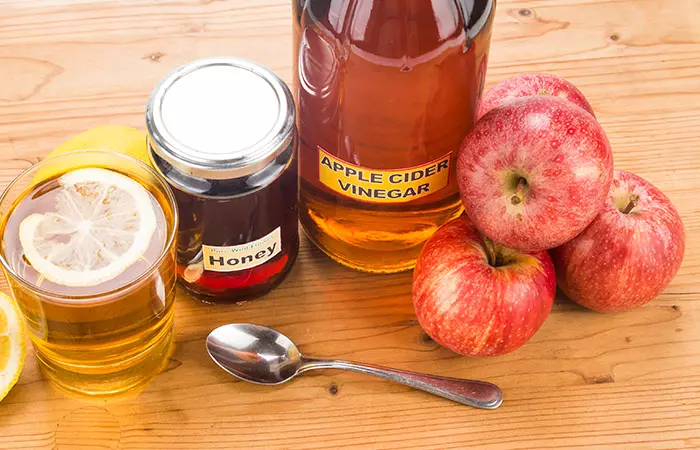
Apple cider vinegar needs no introduction. It is popular for all the right reasons.
When added to a solution of lemon and honey, its health benefits multiply several fold.
You Will Need
- 2 teaspoons raw honey
- 2 tablespoons lemon juice
- 2 teaspoons organic Apple Cider Vinegar
- 1 cup boiling water
What You Need To Do
- Take a glass and add lemon juice, honey, and ACV to it.
- Cover the ingredients with boiling water and let it steep for one minute.
- Stir the solution and have it just before going to sleep every night.
10. Honey And Lemon Tea With Herbal Infusion
You Will Need
- 1 cup water
- 1 tablespoon lemon juice
- 1 tablespoon honey
- 1 herbal tea bag (like chamomile or peppermint)
What You Need To Do
- Take a saucepan and put water on the boil.
- Add the herbal tea bag to the boiling water.
- Give it five minutes to steep.
- After removing the tea bag, squeeze in the lemon juice and honey. Mix thoroughly.
- Drink this tea twice a day for soothing relief from cough.
Pranee Khruasanit Halvorsen, a Thai cooking instructor, shares how her grandmother’s simple three-ingredient recipe comprising lime, honey, and salt helps her soothe irritated throat. In one of her blog posts, she writes, “When it comes to home remedies for coughing, my grandma’s honey-lime tea, which I have had countless times for coughs, stands out in my memory (i).” She suggests sipping this tea slowly for maximum relief.
A Word Of Caution
Here are a few factors you should keep in mind before opting for a full-fledged lemon and honey treatment:
- According to experts, honey contains Clostridium botulinum, a type of botulism that can cause fatal food poisoning in children. That is why the Centers for Disease Control has advised that honey should not be given to infants or babies under one year of age.
- In case you are running a temperature and coughing up green mucus, you must immediately consult your health care expert. These symptoms are severe and can lead to other grave consequences.
- If you are having trouble swallowing or finding it difficult to breathe, honey and lemon in hot water, although may serve as a cough suppressant, will not cure the root cause of the illness. Hence, in such circumstances, you must seek a doctor’s advice.
- You must avoid honey and lemon juice treatment if you are allergic to these ingredients or suffer from a gallbladder problem.
Infographic: Easy Honey And Lemon Recipes For Cough
Honey and lemon juice are the most famous traditional solutions for cough and sore throat. Among many benefits of this mixture, improved immunity undoubtedly comes first. There are several ways of using these ingredients for health purposes. Check out the easiest ones in the below infographic.
Some thing wrong with infographic shortcode. please verify shortcode syntaxThere are numerous honey benefits that extend beyond just soothing a sore throat; it’s packed with antioxidants and has antimicrobial properties that can help ease cough symptoms naturally. However, when combined with lemon it becomes an effective traditional remedy for cough. While the antibacterial properties of honey may fight against the cough-causing bacteria, the strong antioxidant properties of lemon help boost the immune system. This concoction can clear irritating airways, calm the throat, and loosen mucus. However, honey may cause botulism in infants or babies under twelve months. Hence, this treatment is not recommended in such cases. Also, consult your doctor if this concoction causes any breathing difficulties. While these natural remedies are the most ideal, you can consume other light alternatives like cough drops, lozenges, herbal medicines, homeopathic medicines, or try natural expectorants like peppermint, thyme, chamomile, eucalyptus, and sage in the form of tea. Even household remedies like steam inhalation along with these recipes can accelerate the healing process.
Frequently Asked Questions
Are there any potential allergies or sensitivities to honey or lemon that could worsen a cough?
Yes, in rare cases, honey can cause food allergies, leading to a cough or severe anaphylaxis (16). People may also develop a citrus allergy to lemon seeds, which can lead to anaphylaxis (17).
Can honey and lemon be used for coughs caused by underlying medical conditions, such as asthma or bronchitis?
Yes. Honey has antibacterial and anti-inflammatory qualities that aid in cough suppression and may help manage symptoms of bronchial asthma and chronic bronchitis (18). While there is no scientific evidence to show lemon’s efficacy in cough management, anecdotal evidence shows that using both ingredients may help improve the symptoms. However, it is best to consult a doctor and follow prescribed treatments to manage asthma and bronchitis.
Should I use raw honey or processed honey for a cough?
For cough relief raw, organic is considered a better option than processed honey.
Can I use honey and lemon for a chronic cough?
While honey and lemon are good cough suppressants, a chronic cough may require medical intervention. If your cough persists even after trying the recommended honey and lemon remedies, please consult a doctor.
Illustration: Honey And Lemon For Cough

Image: Stable Diffusion/StyleCraze Design Team
References
Articles on StyleCraze are backed by verified information from peer-reviewed and academic research papers, reputed organizations, research institutions, and medical associations to ensure accuracy and relevance. Read our editorial policy to learn more.
- Anatomy and neuro-pathophysiology of the cough reflex arc, Multidisciplinary Respiratory Medicine, US National Library of Medicine, National Institutes of Health.
https://www.ncbi.nlm.nih.gov/pmc/articles/PMC3415124/ - Learn about Cough, American Lung Association.
https://www.lung.org/lung-health-diseases/warning-signs-of-lung-disease/cough/learn-about-cough - Cough, MedlinePlus, US National Library of Medicine, National Institutes of Health.
https://medlineplus.gov/cough.html - Feasibility Study: Honey for Treatment of Cough in Children, Pediatric Reports, US National Library of Medicine, National Institutes of Health.
https://www.ncbi.nlm.nih.gov/pmc/articles/PMC3718232/ - Honey: its medicinal property and antibacterial activity, Asian Pacific Journal of Tropical Biomedicine, US National Library of Medicine, National Institutes of Health.
https://www.ncbi.nlm.nih.gov/pmc/articles/PMC3609166/ - Nutritive Value of Honey, USDA.
https://www.researchgate.net/publication/328453183_Nutrient_and_antioxidant_profile_of_bee_honey_from_Kerala - Honey: a reservoir for microorganisms and an inhibitory agent for microbes, African Health Sciences, US National Library of Medicine, National Institutes of Health.
https://www.ncbi.nlm.nih.gov/pmc/articles/PMC2269714/ - Vitamin C, Office of Dietary Supplements, National Institutes of Health.
https://ods.od.nih.gov/factsheets/VitaminC-Consumer/ - Antioxidants, MedlinePlus, US National Library of Medicine, National Institutes of Health.
https://medlineplus.gov/antioxidants.html - Effectiveness of honey for symptomatic relief in upper respiratory tract infections: a systematic review and meta-analysis
https://pubmed.ncbi.nlm.nih.gov/32817011/ - Garlic: a review of potential therapeutic effects, Avicenna Journal of Phytomedicine, US National Library of Medicine, National Institutes of Health.
https://www.ncbi.nlm.nih.gov/pmc/articles/PMC4103721/ - Effects of Ginger and Its Constituents on Airway Smooth Muscle Relaxation and Calcium Regulation, American Journal of Respiratory Cell and Molecular Biology, US National Library of Medicine, National Institutes of Health.
https://www.ncbi.nlm.nih.gov/pmc/articles/PMC3604064/ - Antistress and antioxidant effects of virgin coconut oil in vivo, Experimental and Therapeutic Medicine, US National Library of Medicine, National Institutes of Health.
https://www.ncbi.nlm.nih.gov/pmc/articles/PMC4247320/ - Turmeric, the Golden Spice
https://www.ncbi.nlm.nih.gov/books/NBK92752/#:~:text=Studies%20with%20Turmeric%20Oil.,respiratory%20diseases%20 - A systematic review on black pepper (Piper nigrum L.): from folk uses to pharmacological applications
https://pubmed.ncbi.nlm.nih.gov/30740986/ - Anaphylaxis caused by honey: a case report
https://www.ncbi.nlm.nih.gov/pmc/articles/PMC5287071/ - Lemon seed allergy: a case presentation
https://www.ncbi.nlm.nih.gov/pmc/articles/PMC7191823/ - Honey and Health: A Review of Recent Clinical Research
https://www.ncbi.nlm.nih.gov/pmc/articles/PMC5424551/
Read full bio of Reda Elmardi
Read full bio of Tanya Choudhary
Read full bio of Ravi Teja Tadimalla
Read full bio of Moksha Gandhi










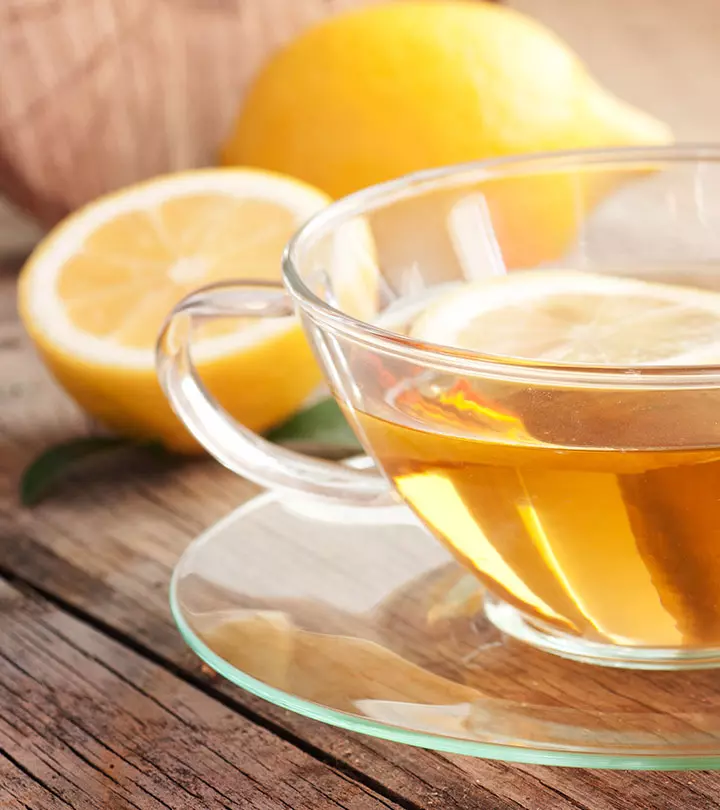
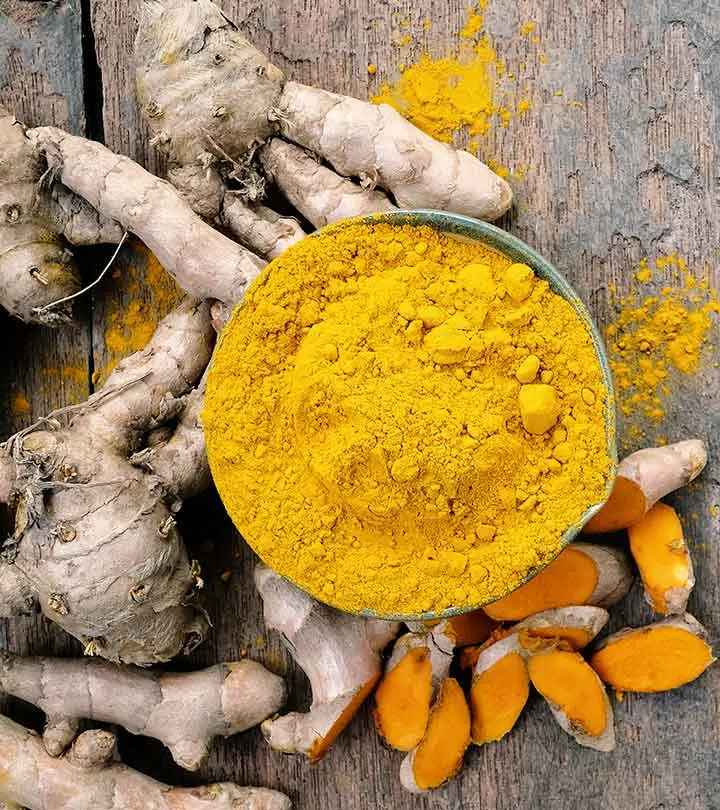
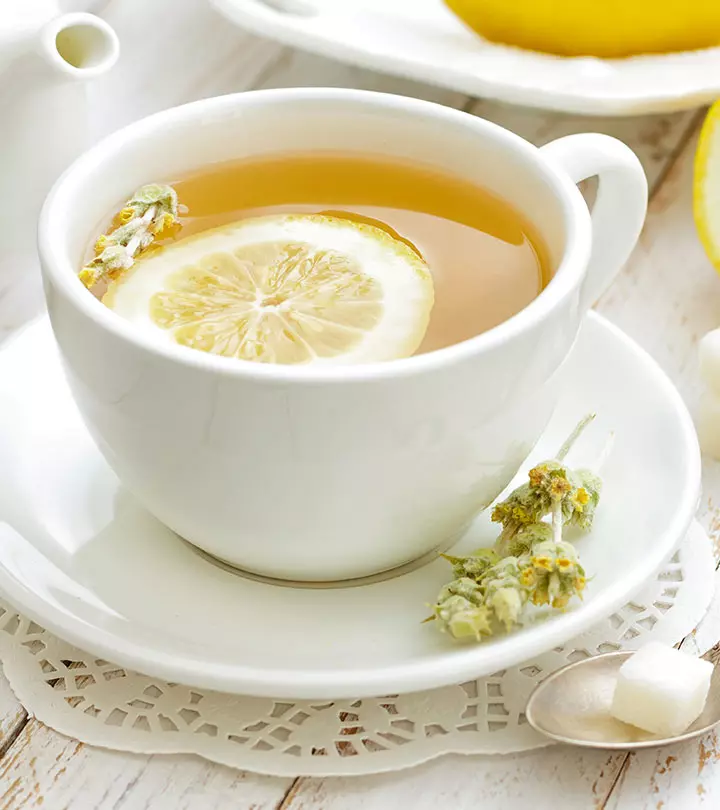

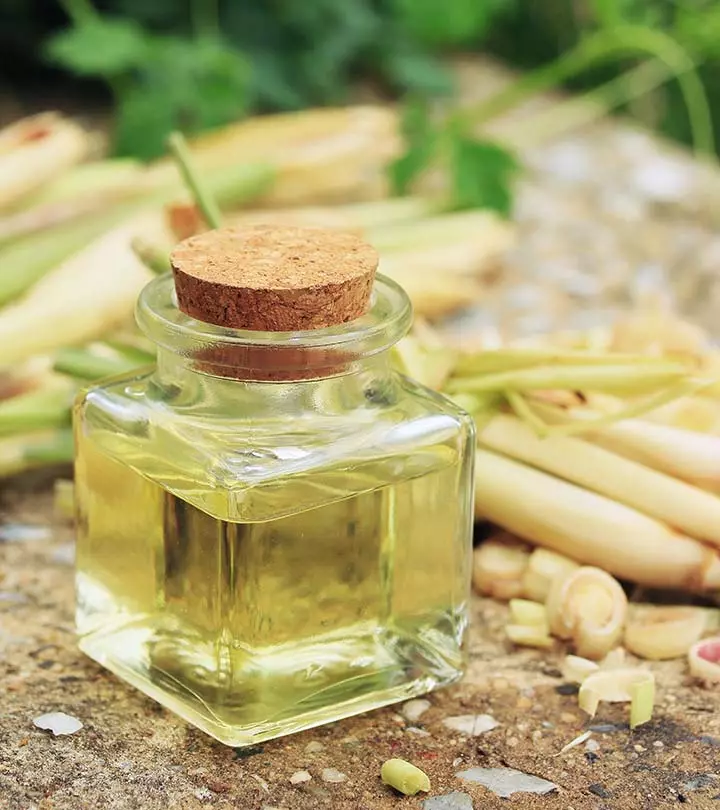
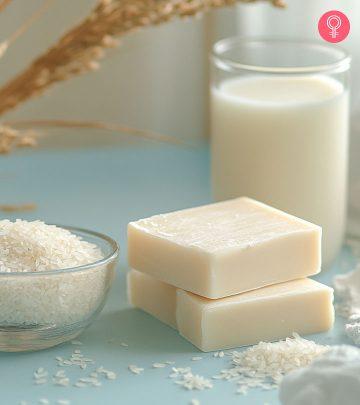

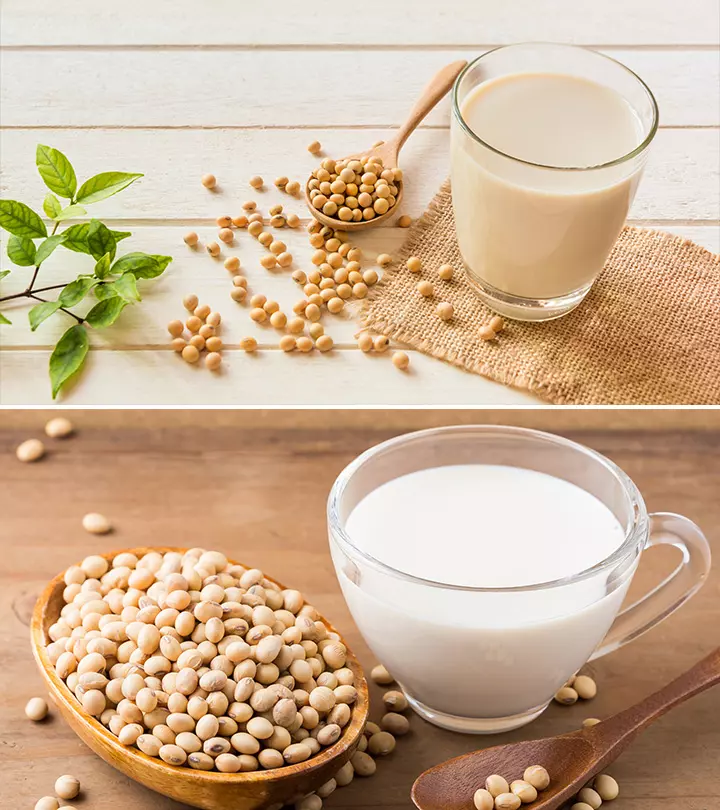
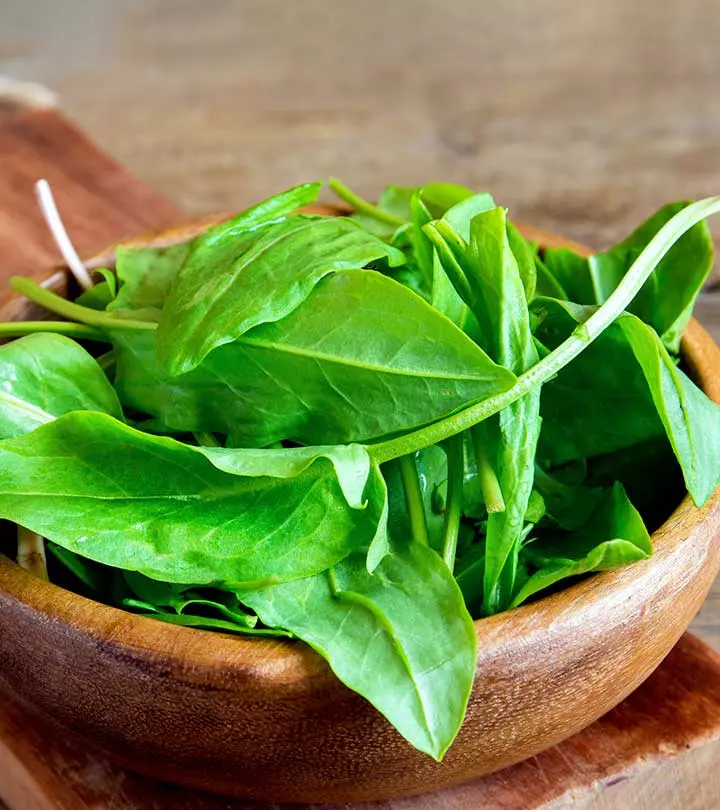

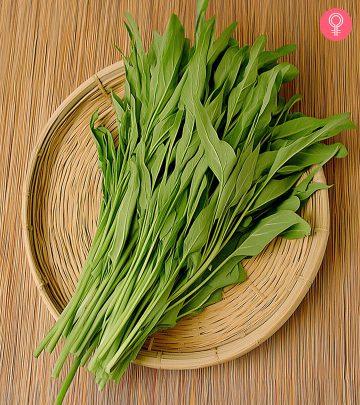
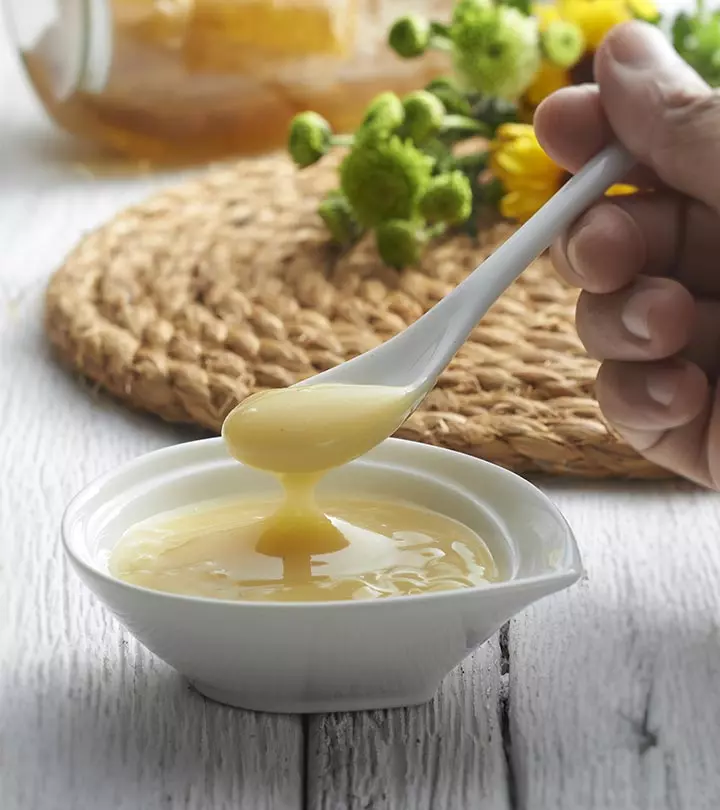

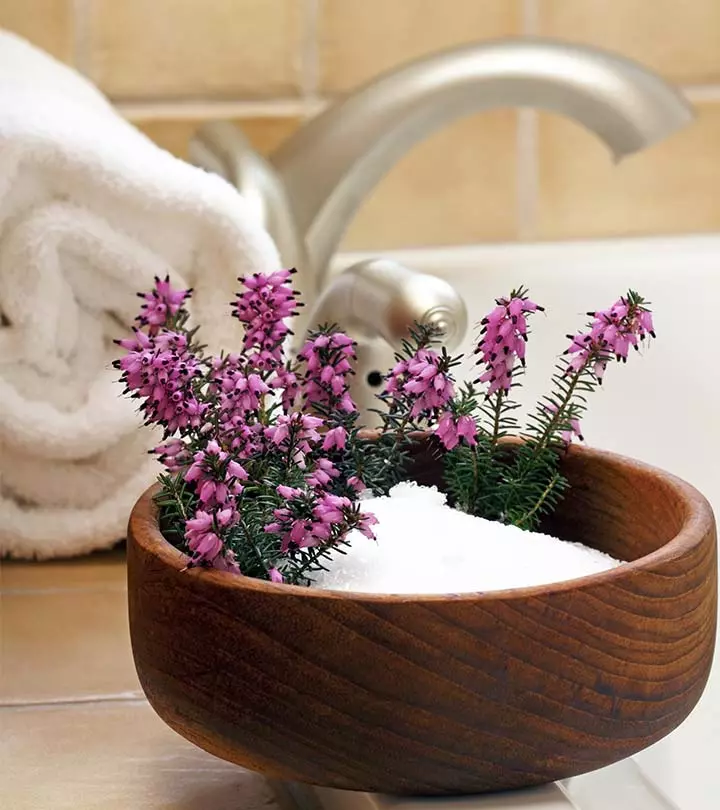
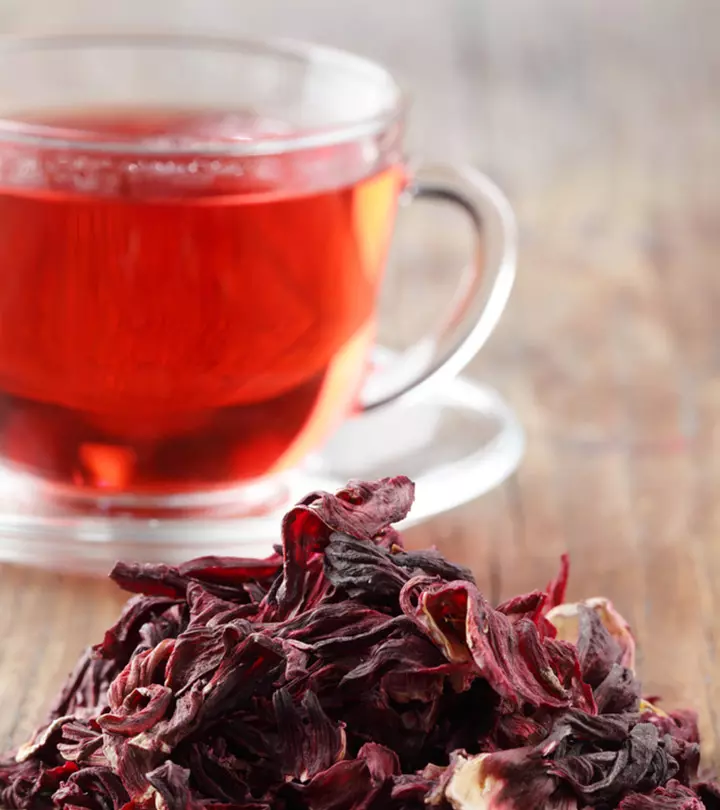
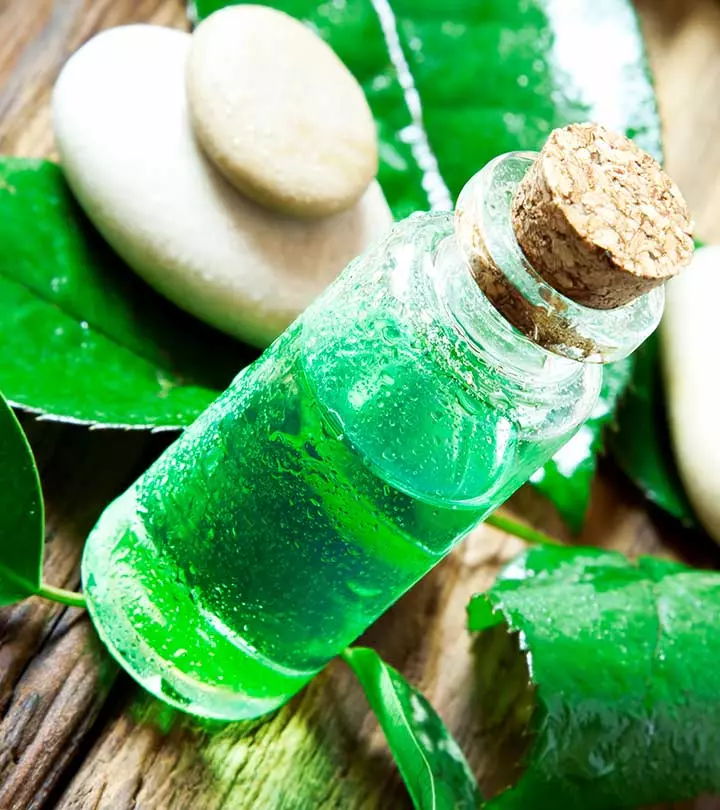
Community Experiences
Join the conversation and become a part of our empowering community! Share your stories, experiences, and insights to connect with other beauty, lifestyle, and health enthusiasts.